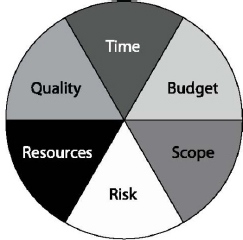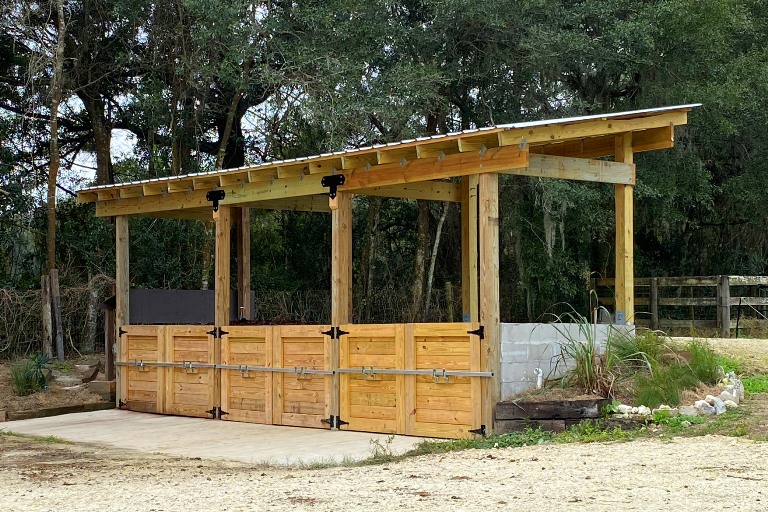Composting 101
RULE 5: WATER IS LIFE
If oxygen is the secret to composting, WATER is the magic ingredient. Aerobic microorganisms live in a thin film of water around each of the particles and this thin film serves as their “highway”, allowing populations of bacteria and fungi to grow in number and diversity and spread rapidly throughout the pile. Water also serves to reduce pile odors and helps keep pile temperatures at manageable levels.
If the compost pile is too wet (i.e., much over 65% moisture content), the pore spaces will be filled with water resulting in anaerobic conditions and the generation of offensive odors.
If the compost pile is too dry (i.e., below 50% moisture content), the microbiology of the system will crash and no composting will take place.
With the O2Compost Training Program, we offer our technical support for all of our new clients and we find that 90% of all troubleshooting relates to the moisture content of the compost mix.
The bad news is that a “dry pile” eventually happens to everyone. The good news is that it is easy to fix simply by adding water. The bad news is that the pile will need to be broken down to rewet it. You cannot evenly rewet the mix by spraying the top of the pile. The good news is that if you ultimately have to “waste” a pile, you are much closer to getting it right the next time.
|







